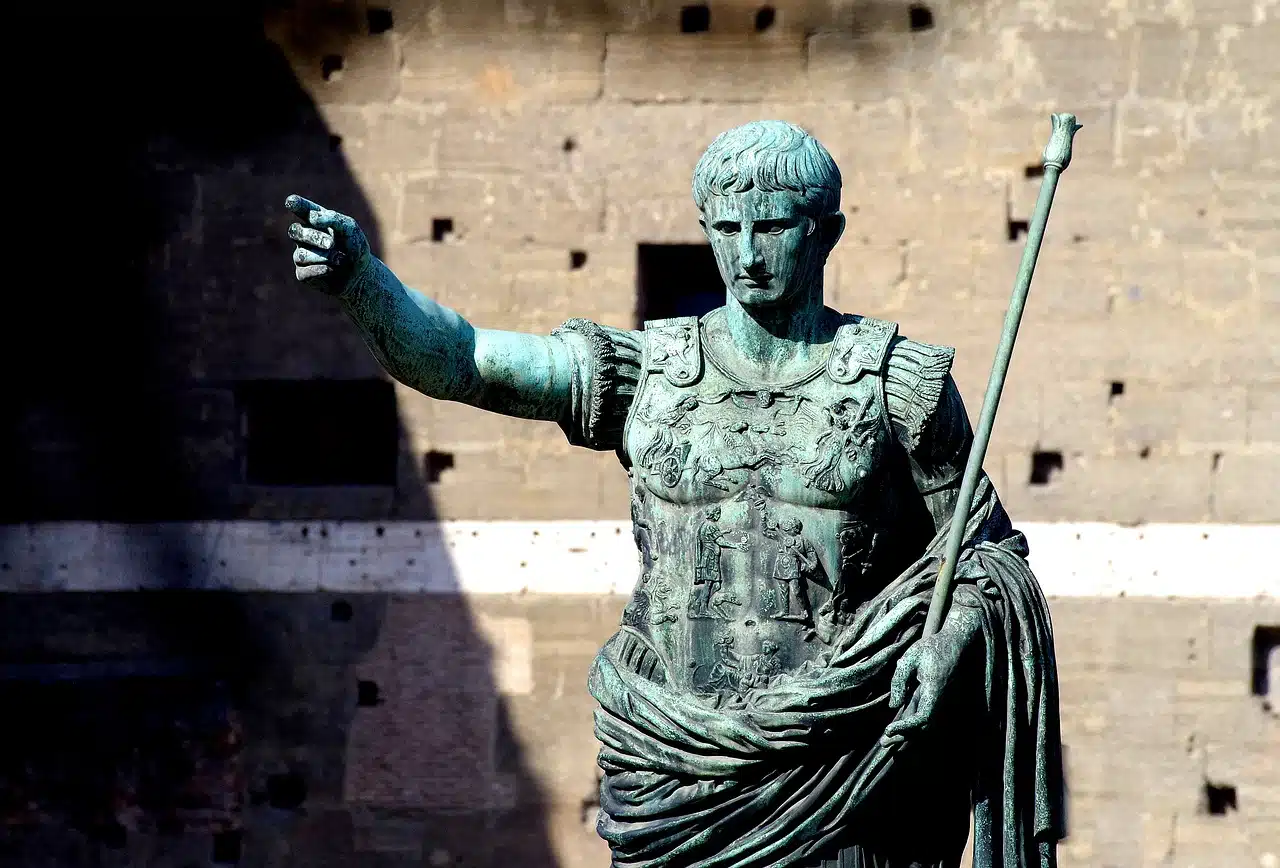
The epithet usually accompanied the names of rulers and divinities.
An epithet is an adjective or participle that is intended to characterize a noun . Its main purpose, therefore, is not to specify or determine the name in question. The term derives from the Latin epithĕton , which in turn comes from a Greek term meaning "aggregate" ,
The epithet seeks to highlight intrinsic characteristics of the noun. For example: “The cold ice hurt the boy's skin,” “Antonia saw how her most precious memories burned in the middle of the hot fire.”
Epithets are also used to accompany the names of historical figures, kings or divinities : “Alexander the Great is one of the most fascinating men in history” , “Sancho the brave was a king of Castile and León” .
Types of epithets
There are epithets that allow objective qualities to be mentioned, while others are born from the subjectivity of the speaker. In the latter case, it is possible to refer to appreciative epithets ( “John is a brilliant tennis player” ) and pejorative epithets ( “I have to find a place to put the horrible painting that my mother-in-law gave me.” ).
In addition to these two underlined classes, we have to explain that there are many other types of epithets. Thus, for example, we find typifying epithets that are those that are characterized by attributing to a name a quality that it possesses: “black elongated shadow” .
Secondly, there are emphatic epithets which, as their name indicates, are those that exaggerate a specific quality. And then there are also the so-called metaphorical epithets that are identified by the fact that they intrinsically carry a specific metaphor .
Other types of existing epithets are those known as appositives , which are those that are used as if they were a definition of the noun and that are usually placed between commas.

Sometimes the epithet highlights the intrinsic characteristics of a term: "green grass."
Various uses
It is interesting to note that in Ancient Egypt the use of epithets was frequent. In this case they were used to replace a specific noun and made clear the qualities or main characteristics of that noun. Thus, for example, it is known that in different contexts the term pharaoh was sometimes replaced by the epithet “victorious bull” .
It should be noted that the complement of proper names used in ancient Greek epics is known as the Homeric epithet .
Phrase epithets , which are responsible for highlighting the main idea of a text, and visionary epithets, which are those that are shown as a surreal image, are other modalities that exist of this rhetorical figure so fundamental within literature and specifically within what would be the genre of poetry . Antonio Machado , Federico García Lorca , Vicente Aleixandre and Gustavo Adolfo Bécquer are some of the authors who have used epithets the most and best in their works.
Epithets in Spanish
It is important to keep in mind that, in the Spanish language, it is common to put the epithet before the name (“The green grass invited to play” ), although it is not an essential condition for the correct formulation of a sentence ( “The green grass of the field astonishment to the public .
There are times, however, in which the place of the epithet determines the meaning of the phrase : “That poor man lost his son,” “A poor man asked me for money.”
